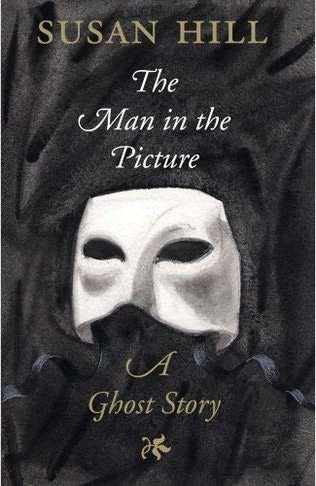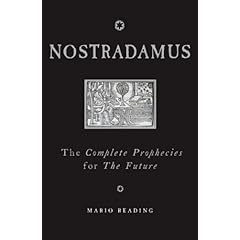 It is not often that you come across a classic that really lives up to its label, a book that really is timeless rather than simply a good story that was written 300 years ago. The Picture of Dorian Gray is such a book. Full of vivid, fascinating characters (Oscar Wilde said that the main characters of the book were different reflections of himself - "Basil Hallward is what I think I am: Lord Henry what the world thinks me: Dorian what I would like to be—in other ages, perhaps."), it is quite simply a work of genius and something that must be read at least once. It is also a work containing several pearls of wisdom from Lord Henry, which may have prompted the comment from The Daily Chronicle that Dorian Gray contains "one element...which will taint every young mind that comes in contact with it." This may have been in reference to the undertones of homosexuality that sometimes are apparent, but in the modern age, it would fall equally upon the sayings of Lord Henry.
It is not often that you come across a classic that really lives up to its label, a book that really is timeless rather than simply a good story that was written 300 years ago. The Picture of Dorian Gray is such a book. Full of vivid, fascinating characters (Oscar Wilde said that the main characters of the book were different reflections of himself - "Basil Hallward is what I think I am: Lord Henry what the world thinks me: Dorian what I would like to be—in other ages, perhaps."), it is quite simply a work of genius and something that must be read at least once. It is also a work containing several pearls of wisdom from Lord Henry, which may have prompted the comment from The Daily Chronicle that Dorian Gray contains "one element...which will taint every young mind that comes in contact with it." This may have been in reference to the undertones of homosexuality that sometimes are apparent, but in the modern age, it would fall equally upon the sayings of Lord Henry.Dorian Gray is the only novel written by Wilde, and after reading one is struck that there really ought to be many more novels; it is a tragic pity that there are not. Rather than do a review of sorts, instead I will include some of the wisdoms of Lord Henry/Oscar Wilde to illustrate the genius.
None of us can stand other people having the same faults as ourselves.
Those who are faithful know only the trivial side of love; it is the faithless who know love's tragedies.
The only way to get rid of a temptation is to yield to it. Resist it, and your soul grows sick with longing for the things it has forbidden to itself, with desire for what its monstrous laws have made monstrous and unlawful.
People sometimes say that Beauty is only superficial. That may be so. But at least it is not so superficial as Thought is. To me, Beauty is the wonder of wonders. It is only shallow people who do not judge by appearances. The true mystery of the world is the visible, not the invisible.
To get back one's youth, one has to merely repeat one's follies.
The people who love only once in their lives are really the shallow people. What they call their loyalty, and their fidelity, I call either the lethargy of custom or their lack of imagination. Faithfulness is to the emotional life what consistency is to the life of the intellect - simply a confession of failures.
When one is in love, one always begins by deceiving one's self, and one always ends by deceiving others. That is what the world calls a romance.
Women defend themselves by attacking, just as they attack by sudden and strange surrenders.
Whenever a man does a thoroughly stupid thing, it is always from the noblest motives.
I never approve, or disapprove, of anything now. It is an absurd attitude to take to life. We are not sent into the world to air our moral prejudices.
No civilised man ever regrets a pleasure, and no uncivilised man ever knows what a pleasure is.
Being adored is a nuisance. Women treat us just as Humanity treats its gods. They worship us, and are always bothering us to do something for them.
Women, as some witty Frenchman once put it, inspire us with the desire to do masterpieces, and always prevent us from carrying them out.
It is not good for one's morals to see bad acting.
When women take lovers, it is merely to have someone with whom they could have scenes.
One can always be kind to people about whom one cares nothing.
There is a fatality about good resolutions - they are always made too late.
The one charm of the past is that it is the past. But women never know when the curtain has fallen. They always want a sixth act, and as soon as the interest of the play is entirely over they propose to continue it.
Never trust a woman who wears mauve, whatever her age may be, or a woman over thirty-five who is fond of pink ribbons. It always means that they have a history.
Religion consoles some. Its mysteries have all the charm of a flirtation.
Women love us for our defects. If we have enough of them they will forgive us everything, even our intellects.
A man can be happy with any woman as long as he does not love her.
One regrets the loss even of one's worst habits. Perhaps one regrets them the most. They are such an essential part of one's personality.
When we are happy we are good; but when we are good, we are not always happy.






